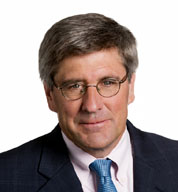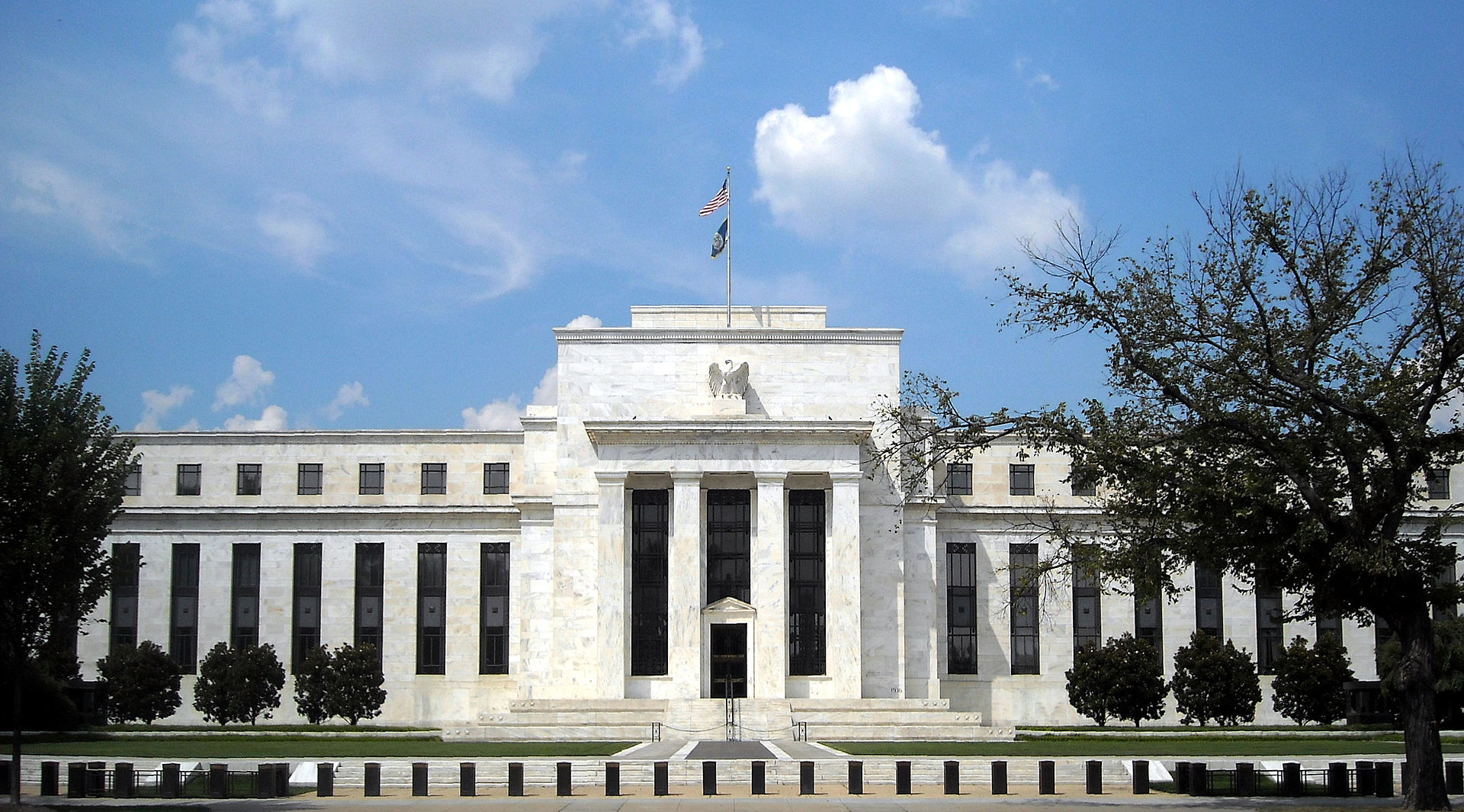Special to WorldTribune.com

I’m disappointed I had to withdraw from the nomination to be a member of the Federal Reserve Board because I do believe the Fed needs to change the way it operates.
In the last month, I started investigating how it makes its decisions, which have such a dramatic impact on jobs, wages, interest rates and the overall well-being of the country. How does the Fed make its monetary policy decisions on setting interest rates, buying bonds and regulating our financial institutions?

What I have discovered is that this powerful agency of government truly does operate under a stone wall of secrecy. Meetings are held behind closed doors; statements are carefully crafted to reveal little in the way of what monetary authorities actually think; and the day-to-day activities are shielded from audit.
The Fed is arguably the least transparent agency of the federal government, outside of security agencies such as the CIA. It is obvious why national security agencies need to be secretive. But why does the Fed?
When elected officials like Sen. Rand Paul have requested more Fed openness, the Fed hierarchies are contemptuous. He says their response is: “Go away. It is none of your business.”
I have asked several former Fed governors whose opinions I greatly respect about this issue, and they have said they generally oppose too much transparency. They say it would stifle frank debate on tough and pressure-packed issues if reporters and television cameras were allowed in the room. Perhaps, but this was the argument against putting cameras in Congress. The benefits of open public debate have surely outweighed the costs. Why not have C-SPAN at the Federal Open Market Committee meetings?
I certainly believe in a Fed that acts independently and far removed from partisan politics. This is critical to the Fed’s mission. But that does not translate into a lack of accountability.
I agree with Rep. Bill Huizenga of Michigan, a sponsor of the Fed Oversight Reform and Modernization (FORM) Act which would require more accountability at the Fed. “With the Federal Reserve having more power and responsibility than ever before, it is imperative the Fed changes its opaque structure,” he says. “The Fed’s recent high degree of discretion and its lack of transparency in how it conducts monetary policy demonstrate that … We need to modernize the Federal Reserve and bring it into the 21st Century.”
Fed transparency would be good for the economy and for investors. If financial markets knew in real time what the Fed was doing with its open market operations, there would be less uncertainty and guesswork about interest rate policy. Transparency allows for more accurate information in a timely manner and less mal-investment.
This is truer today than ever now that the Fed has expanded its charter. Bloomberg Markets magazine found that in the aftermath of the 2008-2009 financial meltdown, the Federal Reserve issued $7.7 trillion in undisclosed loans to struggling financial institutions — far more than the hundreds of billions that were allocated to banks through the Troubled Asset Relief Program bailout. In fact, it was also more than double the total federal expenditures for 2008, which stood at nearly $3 trillion. How was it decided which private institutions got the life raft and which ones were allowed to drown?
Transparency would also mean periodic, independent audits by outside institutions — perhaps the Government Accountability Office (GAO).
The Fed should also conduct and publish a cost-benefit analysis of its decisions; it should disclose the pay scales of its highest-paid employees; and it should disclose its bank stress-test results and bailout policies.
Sen. Paul, one of the lead advocates in Congress for reform, has noted that while the GAO can tell Congress and the public the size of the Fed’s balance sheet, it can’t tell you what’s in it. The GAO is currently prohibited by law from auditing areas including “transactions for or with a foreign central bank, government of a foreign country, … deliberations … on monetary policy matters, including discount window operations, … (and) transactions made under the direction of the Federal Open Market Committee.” This needs to change.
Polls have shown that over 70 percent of voters are supportive of more Fed openness. The public has a right to know how our monetary policy is conducted. The Fed’s business is the peoples’ business, and more transparency would enhance central banks’ credibility with the American people, leading to a healthier economy.
Stephen Moore is a columnist for WorldTribune.com and a senior fellow in economics at the Heritage Foundation. His latest book is “Fueling Freedom: Exposing the Mad War on Energy.” He served as a senior economic adviser to the Trump campaign.

You must be logged in to post a comment Login